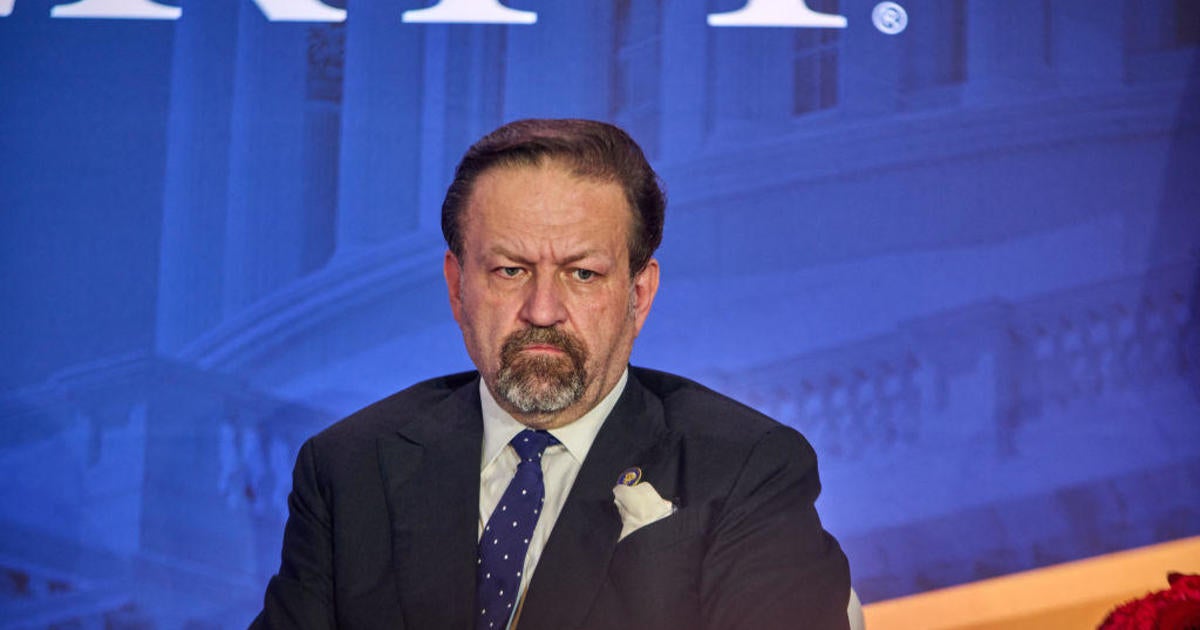Sebastian Gorka, President-elect Donald Trump’s pick to be the counterterrorism chief on the White House National Security Council, is causing concern among security experts due to his previous inability to obtain a security clearance early in Trump’s first term. Gorka was forced to depart after seven months in August 2017 as a lower-level White House staffer when officials were informed that he would not pass his background investigation.
It is unclear whether the past concerns that led to the denial of his security clearance will impede him from obtaining this new, higher-level post. The job of deputy assistant to the president and senior director for counterterrorism does not require Senate confirmation, but neither did his position in the first Trump administration.
A Trump transition source stated that Gorka currently “has an active security clearance with the U.S. government.” However, it is not clear whether Gorka had been given the customary temporary clearance that appointees receive as they prepare to assume their government position before undergoing a more rigorous FBI background investigation.
Ultimately, Trump has the authority to decide who serves on his national security team in the White House and can bypass recommendations about clearances. Brian Hughes, a spokesman for the Trump transition, defended Gorka’s credentials, stating that “Dr. Gorka has decades of experience working on matters of national security, irregular warfare, and counterterrorism.”
However, some former law enforcement and intelligence officials believe that Gorka’s past security issues should be a red flag this time around. Stephen Laycock, who served as executive assistant director for the FBI’s intelligence branch, stated that individuals who have been disqualified at some point should not be afforded a position of trust in the government without a grace period to mitigate the issue.
John Bolton, Trump’s third national security adviser during his first term, and now a staunch critic of the former president, called for Gorka to undergo a full FBI field background investigation before assuming the NSC position.
Gorka has been named as Trump’s pick for a crucial role in the counterterrorism realm, which would involve him in making life-and-death decisions regarding elite U.S. forces. This role requires access to sensitive, compartmentalized intelligence within the U.S. government.
During Trump’s first term, Gorka was part of the Strategic Initiative Group, a unit of the National Security Council, which was led by Steve Bannon. John Kelly, Trump’s second chief of staff, dismissed Gorka after learning that he could not obtain a high-level security clearance for the job. The reasons for Gorka’s failed security screening at that time have not been disclosed.
Gorka, known for his controversial statements and ties to right-wing Hungarian nationalists, faced questions about his academic credentials and his role in defending the administration’s policies during Trump’s first term. He has also been a featured speaker at events where he has promoted conspiracy theories.
As NSC counterterrorism chief, Gorka would be involved in coordinating lethal strikes against suspected terrorists and risky hostage rescues, as well as steering policies that require diplomatic support. Some critics are concerned that Gorka’s return could signal a less disciplined approach to managing the White House, potentially recreating some of the pitfalls of Trump’s first administration.
Overall, Gorka’s nomination for this important role has raised questions about his past security issues and his suitability for such a critical position within the national security apparatus. It remains to be seen whether he will be able to overcome these concerns and effectively fulfill his duties in the future.









